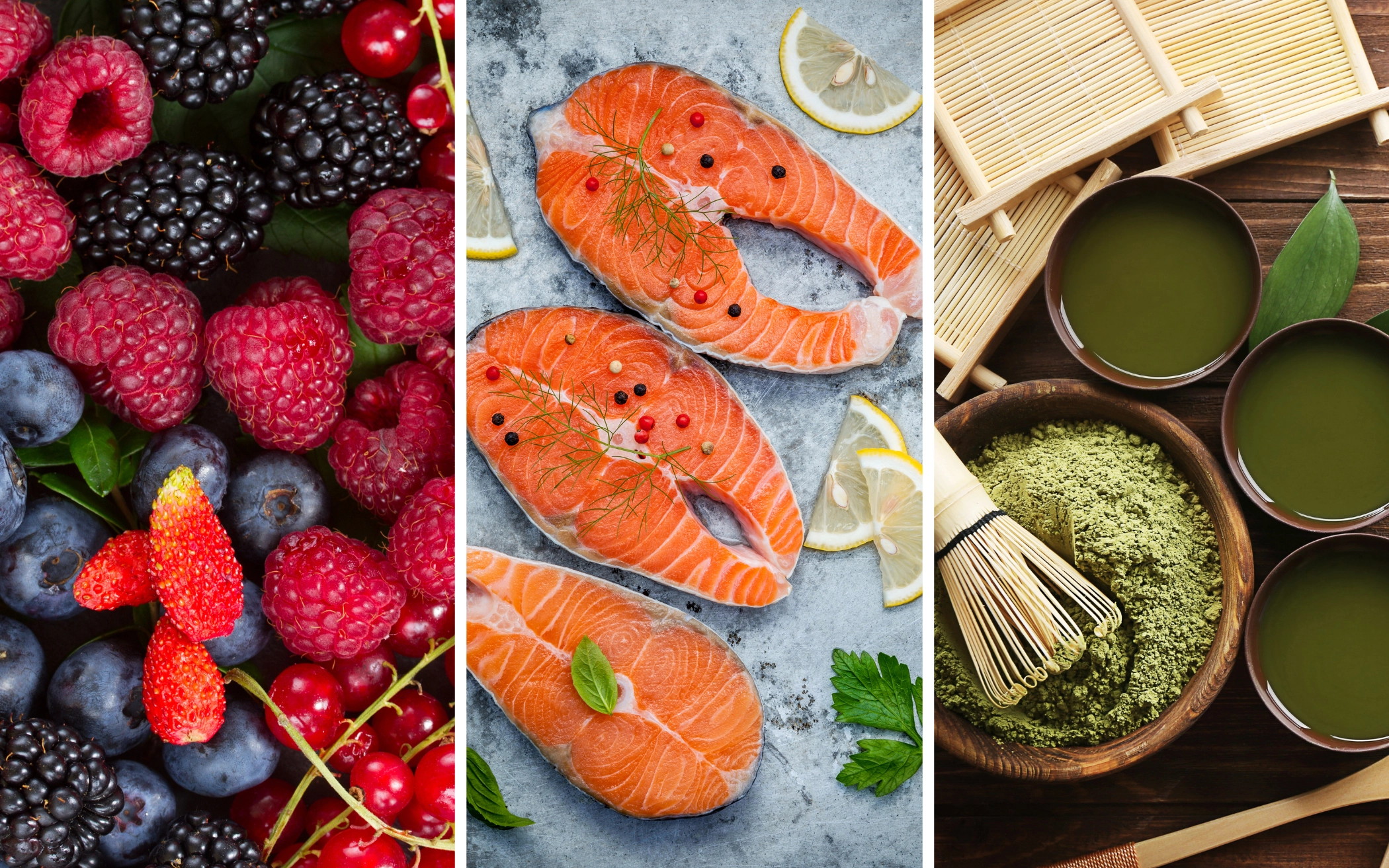The breast cancer-fighting food that big pharma doesn’t want you to know about

When it comes to preventing breast cancer, many of us focus on regular screenings and medical treatments. But there’s something simple and natural that can also play a role in the fight against breast cancer: the food on your plate. One food, in particular, has been gaining attention for its potential cancer-fighting benefits, it’s cruciferous vegetables. Think broccoli, Brussels sprouts, kale, and cauliflower.
Why cruciferous vegetables matter
Cruciferous vegetables are packed with glucosinolates, compounds that break down into biologically active substances called isothiocyanates. These substances have been shown to inhibit the growth of cancer cells and may help prevent breast cancer.
A study by researchers from Harvard T.H. Chan School of Public Health found that women consuming more than 5.5 servings of fruits and vegetables daily had an 11% lower risk of breast cancer compared to those eating fewer than 2.5 servings. Specifically, a higher intake of cruciferous vegetables was linked to a reduced risk of aggressive breast tumours.
Another study involving Southern Chinese women also indicated that increased consumption of cruciferous vegetables was associated with a lower risk of breast cancer. Plus, a meta-analysis suggested that women who consumed higher amounts of these veggies had a 15% reduced risk of developing breast cancer. These findings really highlight how powerful dietary choices can be in lowering breast cancer risk.
How much should you eat?
You don’t need to overhaul your entire diet to get these benefits. Just including 3 to 5 servings of cruciferous vegetables per week can make a positive impact. A serving could be a cup of raw broccoli, half a cup of cooked Brussels sprouts, or a few kale leaves in a salad. It’s easy to sneak these into your meals by roasting them, blending them into smoothies, or tossing them into soups.
Take control of your health, one plate at a time.
Other breast cancer-fighting foods
While cruciferous vegetables are significant, other foods also contribute to breast cancer prevention:
- Berries: These are loaded with antioxidants, which help combat inflammation, a key factor in cancer development. Studies suggest that antioxidants in berries can protect cells from damage and potentially lower breast cancer risk.
- Fatty fish: Salmon, mackerel, and sardines are rich in omega-3 fatty acids, which have been linked to a lower risk of breast cancer. Omega-3s help reduce inflammation and may slow the growth of cancer cells.
- Green tea: Known for its high levels of catechins, green tea has been studied for its anti-cancer properties. Catechins may help block the formation of tumours and protect against breast cancer.

Incorporating a variety of these foods into your diet, along with cruciferous vegetables, can enhance your overall health and potentially reduce breast cancer risk. Plus, they bring other benefits like supporting heart health and boosting your immune system which make them all the more valuable for long-term well-being.
What about supplements?
You might be tempted to take supplements instead of changing your diet, but it’s always better to get nutrients from food rather than pills. Whole foods provide a balanced combination of nutrients that work together, something that supplements can’t quite replicate. Eating a variety of healthy, plant-based foods is your best bet.
Staying healthy in Thailand
Living in Thailand, you have easy access to fresh, local produce year-round. Local markets are filled with vibrant cruciferous vegetables and other cancer-fighting foods at affordable prices. Plus, you’ll find a range of healthy options at most Thai restaurants, whether it’s a simple vegetable stir-fry or a fresh papaya salad loaded with greens.
To take it a step further, having a comprehensive health plan can give you peace of mind. For retirees or those looking for long-term health support, plans like Cigna’s insurance are worth considering. They offer specific coverage tailored to your health needs, ensuring you’re protected if you ever need treatment or care. It’s an extra layer of security, especially when navigating healthcare in a foreign country.
Breast Cancer Awareness Month
October is Breast Cancer Awareness Month, making it the perfect time to focus on your health and learn how to reduce your risk. It’s a great opportunity to spread the word and encourage the people around you to adopt healthy habits that could potentially lower the risk of breast cancer

Simple steps, big impact
At the end of the day, preventing breast cancer doesn’t have to be overwhelming. Making small, mindful changes to your diet, like adding more cruciferous vegetables, can have long-lasting effects. Combine this with regular check-ups and a balanced lifestyle, and you’ll be taking proactive steps toward better health. While these foods won’t guarantee prevention, they can certainly be a powerful tool in your overall health strategy. Another choice is considering health insurance that covers everything you need.
Cigna insurance support
Having a comprehensive health plan can provide peace of mind regarding health issues like breast cancer. Cigna offers various plans that cover preventive screenings and treatments related to breast cancer. Their services include wellness programmes and support for chronic conditions, ensuring you have access to necessary healthcare resources when needed.
Cigna’s plans available:
Silver plan
Overview: Core international inpatient and day-patient coverage, including essential cancer care.
Annual limit: ~36,150,000 Thai Baht
Add-ons: Outpatient care, Cancer care (paid in full), Medical evacuation, Crisis assistance, Health checks, Dental and Vision care.
Gold plan
Overview: Enhanced coverage with higher limits and comprehensive maternity and cancer care.
Annual limit: ~72,300,000 Thai Baht
Add-ons: Includes everything in Silver, plus enhanced outpatient care and cancer treatment benefits (paid in full).
Platinum plan
Overview: Premium unlimited coverage with most benefits fully covered, including extensive cancer treatment options.
Annual limit: Unlimited
Add-ons: Comprehensive care across all modules, including advanced imaging and transplant services.
Note: This article is intended for informational purposes only and should not replace medical advice. Always consult your healthcare provider regarding any concerns or before making significant changes to your diet or lifestyle.
Latest Thailand News
Follow The Thaiger on Google News:


























